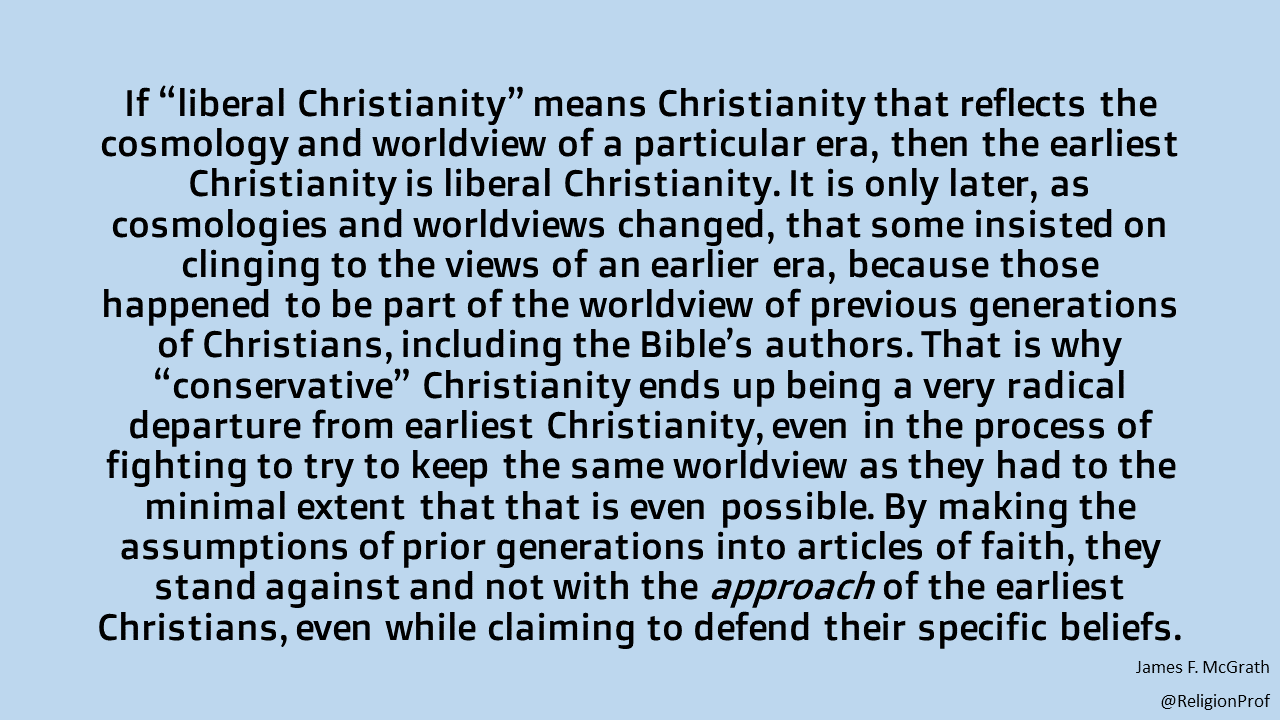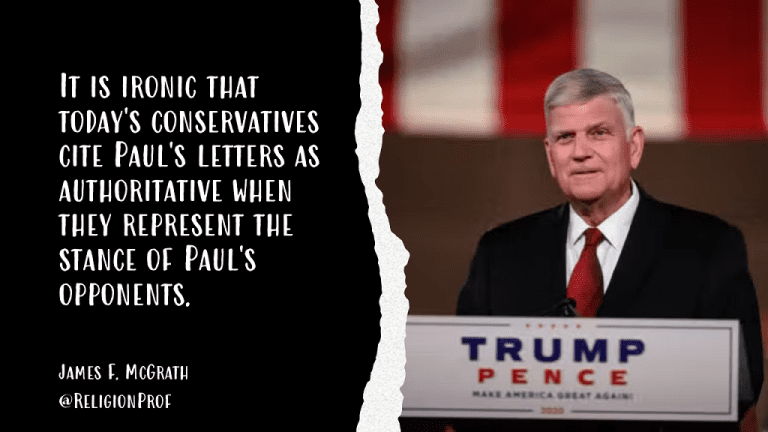Christian Supernaturalism through
the lenses of Process Theology
A Process-Based Reorientation
of Supernaturalism
Christians have made their faith magical and unrealistic. It's time to hit the reset button and "try again". Here are my suggestions for a faith in God and how it works under process theology.... - re slater
by R.E. Slater & ChatGPT
What is Supernaturalism?
As a Christian one of the first things we are introduced to is the concept of the supernatural - that God is a spirit who has formed the world. And as humans, we are like our Creator as spirit-beings as well.
Broadly, this part of any religious theology, whether it be Christian or otherwise, is described by the term "supernaturalism". It is therefore the belief in the otherworldly, the spirit realm, or some form of reality beyond the natural world and its observable laws.
This spirit realm often involves faith in supernatural forces, beings, or events which cannot be explained through science or logic and can encompass a wide range of beliefs - from the existence of gods and angels to the power of magic and divination.
Moreover, a faith built on the foundation of the supernatural often involves concepts like miracles, prophecy, and reincarnation, whereby spirit-led humans may interact with supernatural entities and events.
In a religious context, supernaturalism is a common component of many religions, where it is seen as a fundamental belief in a divine or higher power.
Sometimes religions based on the presence and role of supernatural beliefs are classified between those which teach simple forms of supernaturalism (focusing on supernatural forces) to those religions which teach more involved, complex systems.
Lastly, supernaturalism is distinguished from naturalism which emphasizes the natural world and its laws.
Why Today's Post?
As a process-based Christian eschewing Westernized forms of Christian theism I have felt that it was time to put away the unhelpful teachings of evangelical Christianity for a more proper re-orientation of a God who has been improperly misunderstood through the entirety of my Christian faith experience.
That day has come.
Let me begin with a new doctrinal proposition of supernaturalism per a process theological interpretation. The reader will then readily understand why I am calling out the evangelical church for it's limiting and unhelpful teaching of God
In systematic terms, the Study of God is known as Theology Proper.
I propose then that a processually-orientated supernatural faith is a faith that affirms the supernatural is real - but not as a realm separate from or superior to our everyday experiences (sic, "nature") but rather, the supernatural is that which exceeds, deepens, and transforms the natural through relational resonance, novelty, and divine companionship.
This is my foundation premise of God and God's agency through creation.
Now let me go on to explain what I mean by this.
The Call of God to Align"The supernatural is not elsewhere -it is in the very depth of every here."
The supernatural is not apart from us,but in the One who calls us beyond ourselves -the whisper of God in every momentasking us to become more real,more whole, more aliveA supernatural faith is always lived in the real world -a world saturated with divine becoming,a world enlivened by divine's relationality,where every moment is open to transformationin the living presence of an ever-Creating,Self-Becoming God.The process faith does not reject the supernaturalbut reimagines it from what was typically taught -not as above nature,but from within nature's very flow,exceeding, deeping, transforming
the natural order as one saturated in relational
resonance, novelty, bespeaking divine fidelity.
R.E. SlaterJune 6, 2025@copyright R.E. Slater Publicationsall rights reserved
Part 1 - Respeaking God to our souls
📜 From God Our Enemy to God Our Companion
RES
Question. What if the classical evangelical Christian God has made God both dead to us and an enemy to all men?
The process philosopher Whitehead once stated that the formation of religion runs through three stages: From the transition of "God the void" to "God the enemy" to "God the enemy the companion."
One process critic said it this way:
"It is time theism moves beyond the conception of a God who can supernaturally prevent tragedy, yet does not. A God who can subvert natural law, yet will not. A God who can dictate a perfect message onto parchment (the Hebrew and Greek Scriptures), yet did not. And, a God who can appear out of nowhere, yet chooses not to.This is a god who seems more like ‘God the enemy’ than ‘God the companion’. Indeed, it is time to bring to pass the death of [the traditional notion of] supernaturalism. It is only then that we can have companionship with the One who is naturally God.”
ChatGPT


